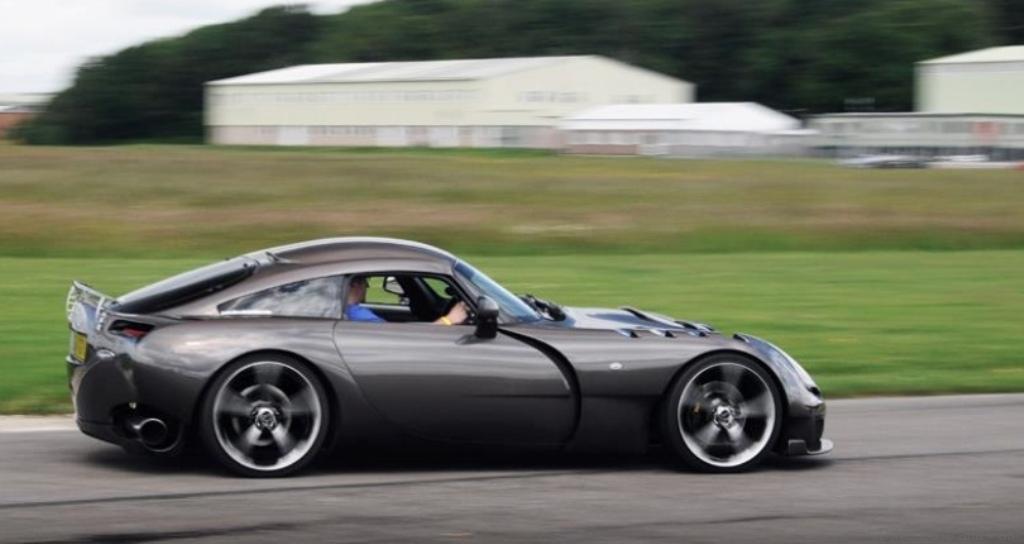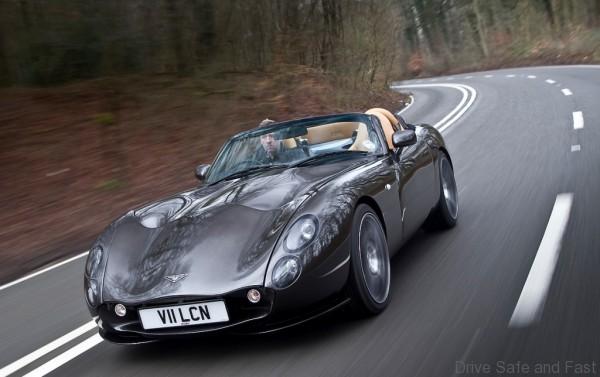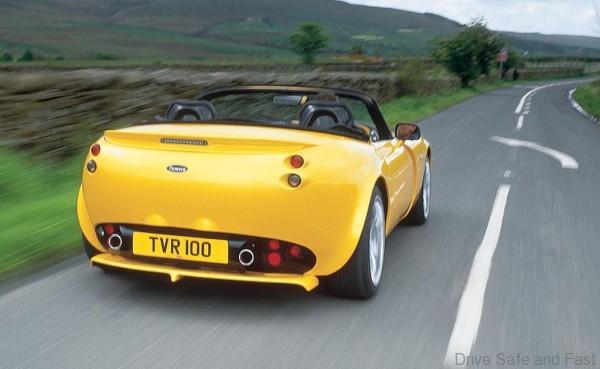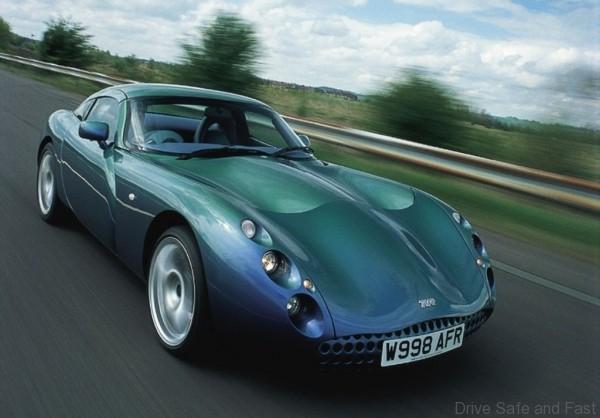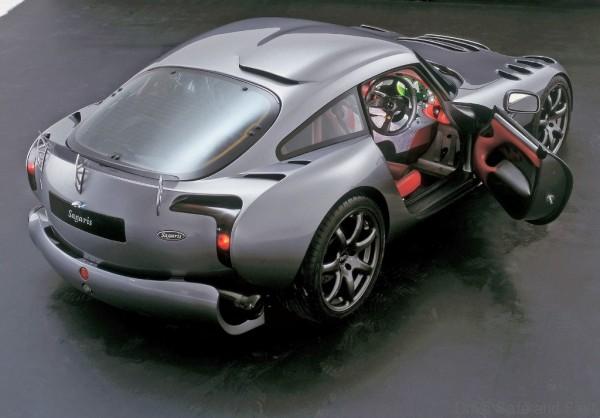Gordon Murray is a legend in the supercar fraternity and since the McLaren F1 supercar and his stint with the British racing team it has been all quiet.
Post-F1 Murray has been using that ingenuity to rethink the way road cars are designed, something that a very lucky few have experienced behind the wheel of a Light Car Company Rocket or McLaren F1. That may be about to change thanks to the resurrection of sports car company TVR.
Founded in 1947, TVR, which is an abbreviation of founder Trevor Wilkinson’s first name was a low-volume manufacturer of sports cars built in Blackpool, England. The company went through a number of different owners, building up a cult following thanks to its adherence to a formula of lightweight sports cars with rather wild styling, plenty of horsepower, and a lack of modern safety features like ABS, airbags, traction control, and so on.
Sadly for TVR enthusiasts, the firm was sold in 2004 to 24-year-old Russian Nikolay Smolensky, who sold off all the assets and then let it die slowly over a few years. In 2013, things started to look up. The bones of TVR was interred in a company called Blackpool Engineering (BE), which owned the name, manufacturing rights, blueprints, jigs and spares for previous TVR models. BE, created by Nikolai Smolenski to protect the interests of TVR as it stood, was purchased in June 2013 by a consortium of car enthusiasts headed by Les Edgar. Les Edgar, a passionate TVR fan who may be better known to readers of Ars Technica as one of the founders of games studio Bullfrog Productions. Edgar’s three-man team began negotiating with Smolenski after previous approaches proved unsuccessful. The new TVR will make spares and expertise available to current owners, using established suppliers.
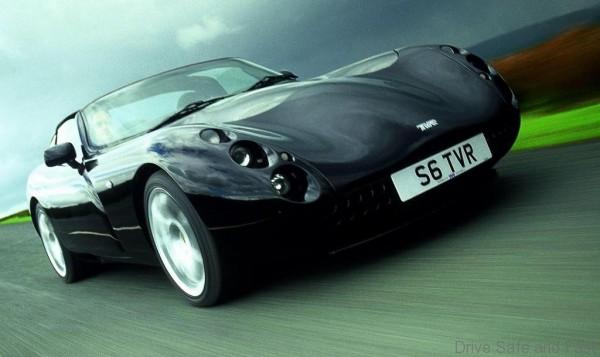
The partnership has been gathering a team of production specialists together since its buy-out of TVR was announced in 2013 and says it will be ready to launch a new car within the next three years. It’s currently evaluating chassis designs, with traditional tubular spaceframes and a carbon fibre tub being debated. Drivetrain choices are similarly open-ended – previous cars from the Lilley and Wheeler era used Ford V6 and Rover V8 engines. It developed its own engines (the AJP series) when supplies of the former units dried up. If TVR want a new car to sell by 2017, outsourcing would speed up plans for production.
How much of a role Blackpool will play in TVR’s future remains to be seen.
Murray is well known for his obsession (shared with Lotus founder Colin Chapman) with reducing weight from his designs. In recent years, his attention has been on changing the way we build cars, applying that same “think light” philosophy. The result is a process called iStream, which aims to revolutionize the way cars are built. An iStream car factory, according to Murray’s design company, will be a quarter the size of a traditional car factory and will use 60 percent less energy.
Gone are the massive, noisy metal stamping presses; instead, laser-cut metal tubes are bent and welded to create the car’s frame. Composite panels (fiberglass with a honeycomb core) are then bonded to the frame using the same philosophy as an F1 car (a very stiff, lightweight body) without anything like the expense or labor-intensive nature of carbon fiber.
iStream is intriguing, but its revolutionary nature has found it few friends among major car makers, who have so much invested in the status quo. In TVR, it may have found the perfect client: an established brand without the trappings (or assets) that normally come with it. And for TVR, the cachet that comes with the name Gordon Murray imbues the venture with a level of credibility that would otherwise be hard to find.
The new TVRs will stick closely to the old format. A lightweight chassis, rear-wheel drive, a powerful engine up front in this case a V8 developed by Cosworth and a manual transmission. Production is slated to begin in 2017, and according to Edgar, cars should cost about half of the present day supercar selling price.
TVR plans to introduce at least four new models within the next decade. And while it hasn’t revealed where these will be built, it will be somewhere in the UK.


